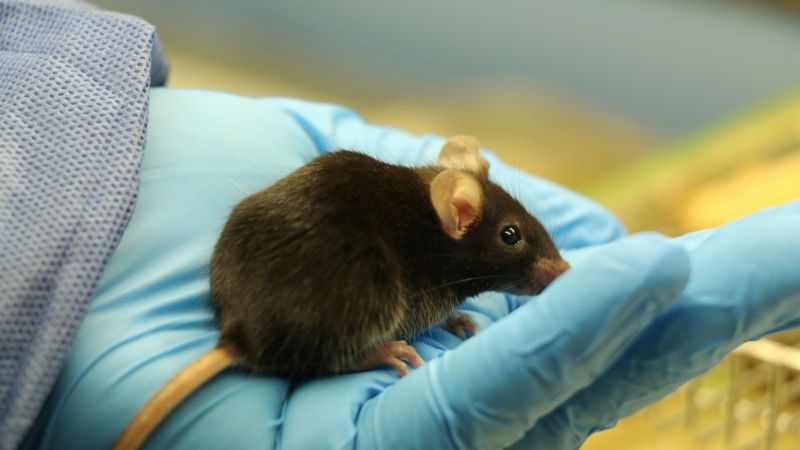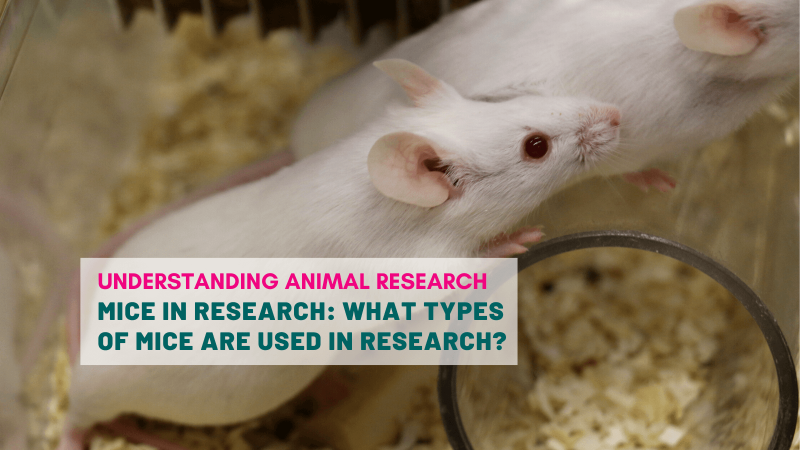Text to go here...
Research on mice has shown that uninterrupted sleep is vital for memory consolidation. The study marks the first time a new technology called optogenetics has been applied to the field.
Studies into the effects of sleep on memory in the past have been complicated by the limited techniques available to researchers. Scientists awoke mice by gently handling them, but this handling causes the animal stress and stress also affects memory.
In this study the researchers were able to use a new technique which allowed them to control the animals' sleep patterns directly using light as a stimulus. The mice were genetically modified to add a light sensitive protein to the neurones involved in the transition between sleep and wakefulness. The mice could then be woken by pulses of light transmitted through implanted optic fibres into their brains.
Mice whose sleep had been interrupted were presented with memory tests. The results showed that sleep continuity is critical for good memory.
Memory loss is often experienced by patients with conditions such as sleep apnoea and alcoholism, and the researchers hope that animal studies will provide further clues about how sleep and memory are linked.
Last edited: 29 July 2022 14:08



